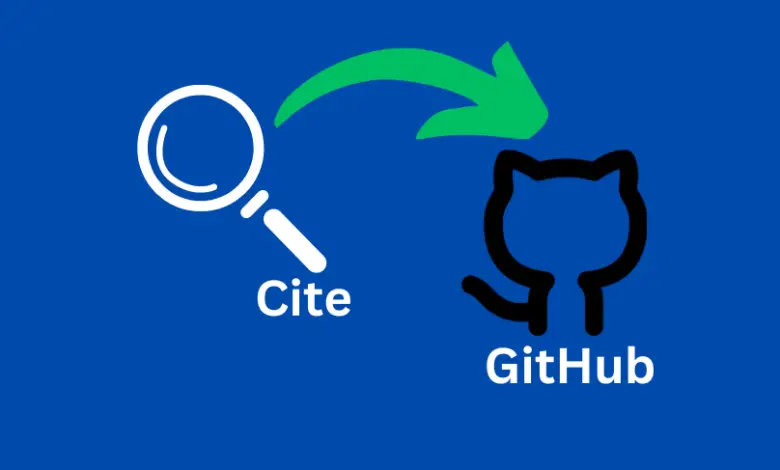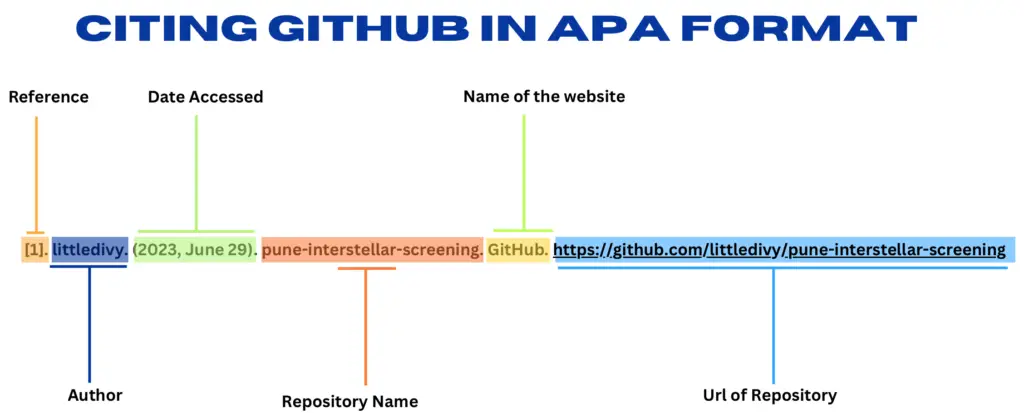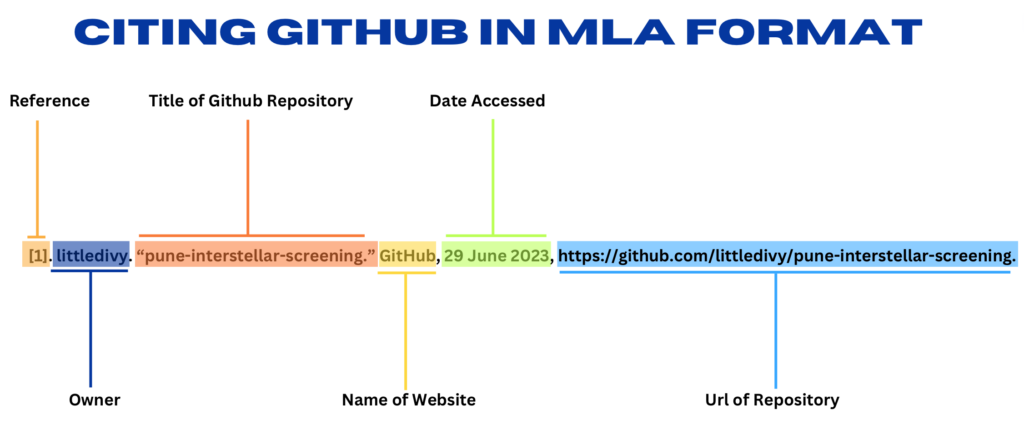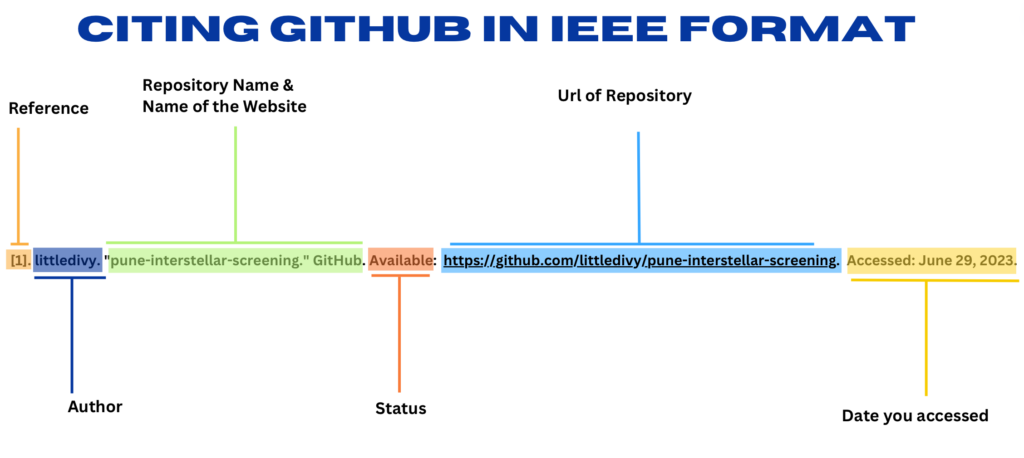How to Properly Cite GitHub in Your Research

While writing any research paper or article, you would be required to cite many other websites, articles, research papers, theses, etc., which makes your research more credible and supports your claims. If your research is technical, it would require you to cite tools, software, source code, programs, etc., and most of the time, they are available on GitHub.
There are various ways you can cite a GitHub repository, depending on the citation formats you are currently using in your research. In this article, I will show a proper way you can cite GitHub and its repository in your article or research paper that you might be writing.
You can properly cite a GitHub repository by using citation formats like APA MLA and IEEE in your research research paper. The citation format would depend on what format you are currently writing your research paper in.
You can also use the below tool for generating the citation for Github –
Contents
GitHub Repository Citation Tool
1. Citing GitHub in APA Format
APA or American Psychological Association format is a commonly used citation format. This is the most popular and preferred way you can cite a GitHub repository. If you are writing a paper in social sciences, education, and psychology, APA Citation format is used.

Example of APA citation format –
Most of the time, while citing GitHub, you would not only be a URL but also a repository.
For Website: AuthorLastName, AuthorInitials. (Year, Month Day). Title of the webpage. Website Name. URL
Your citation should start with the author’s last name and end with the author’s initial. In brackets, you would mention the year and month of the particular repository you are citing. This is very important as the repository could be updated at any time, so it is preferred to mention the month and date. By doing this, you would be talking about a particular time of development of the repository.
The next thing would be the title of the webpage or the name of the repository followed by the URL of the GitHub repository.
To give you a proper example, here is a repository that has been created by my dear friend Divy –
littledivy. (2023, June 29). pune-interstellar-screening. GitHub. https://github.com/littledivy/pune-interstellar-screening
2. Citing GitHub in MLA format
MLA or Modern Language Association is the second most popular citation format that is used. It is mostly used for research papers that are published under the faculty of Humanities.

Example of MLA citation –
AuthorLastName, AuthorFirstName. “Title of the Webpage.” Website Name, Day Month Year, URL.
According to MLA Citation, you should start the citation with last name and first name (respectively), but not in initials. After which it is followed by the title of the webpage which would be the name of the repository. Lastly, mention the website name that would be GitHub, ending with day month year and the full URL.
Let’s take the same example of the repository that was earlier mentioned –
littledivy. “pune-interstellar-screening.” GitHub, 29 June 2023, https://github.com/littledivy/pune-interstellar-screening.
3. Citing Github in IEEE Format
IEEE or Institute of Electrical and Electronics Engineers is rarely used as a citation format. If your research paper is related to engineering or electronics you may want to use this format.

Example of IEEE Citation –
Author/Organization. “Title of Web Page.” Website Name. URL, Accessed: Month Day, Year.
In IEEE citation you mention the author or organisation but here you will mention the owner of the repository. name of the project/repository ending with Github and URL of the project/repository. Also mention the Month, Day & Year that you accessed the URL.
Here is the same example in IEEE format –
littledivy. “pune-interstellar-screening.” GitHub. Available: https://github.com/littledivy/pune-interstellar-screening. Accessed: June 29, 2023.
Conclusion
In this article, we looked at how you can cite Github repositories in APA, MLA & IEEE format. Citing any source in your research is the most ethical way of showing support to other authors.
GitHub hosts millions of repositories, which is the single biggest database to access open-source programs. Citing these repositories is a good gesture of support. In research there are various ethics that you need to follow and citing your sources is one of the most important ethic that everyone should follow.
There is a saying that you might know – “Credit Where Credit is Due”.
